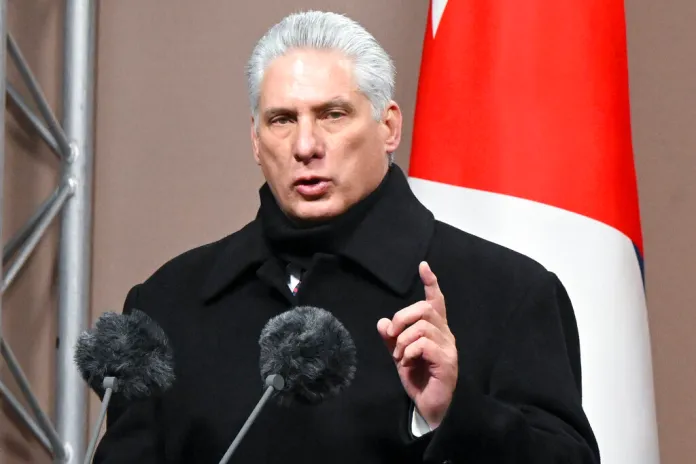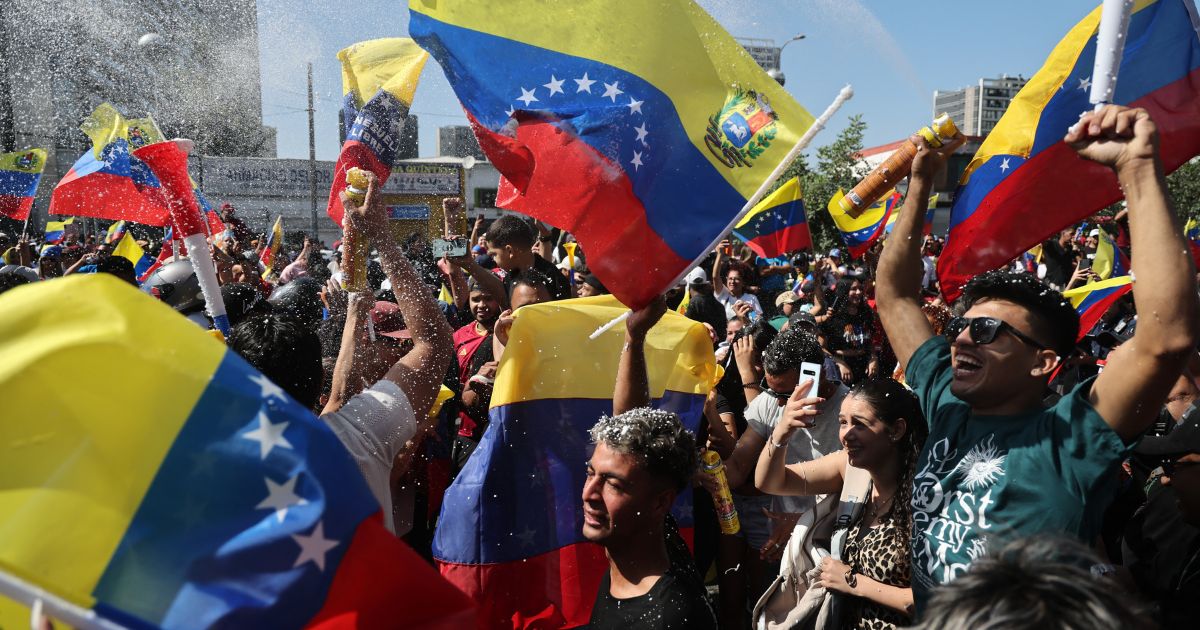OPEC+ cuts partly due to reshaping of global oil flows, IEA says
According to the International Energy Agency (IEA), recent cuts in oil production by OPEC+ are partly due to changes in global oil flows. The EU and G7 restrictions on Russian oil exports led to a shift in oil flows, with Asian refiners purchasing discounted Russian crude. This could explain why Asian refiners’ demand for medium sour Middle Eastern crudes decreased. The arrival of over three million barrels per day of Russian crude in the region could have had an impact. The IEA claims that this rapid upheaval in global crude trade flows is why OPEC+ decided to cut production.
Several OPEC+ members, including Russia, announced unilateral oil production cuts of 1.7 million barrels per day, bringing total cuts made by the group to 3.7 million barrels per day until the end of 2020. While Asian refiners took advantage of heavy discounts on Russian crude, European refiners did not rush to replace Russian crude with similar quality Middle Eastern medium sour crude. European refiners instead changed their crude slates and favoured lighter, sweeter crudes such as those produced by the United States.
Bottlenecks, logistical constraints, and hydrotreating, a process to reduce sulphur content in crude, were some of the reasons for European refiners shunning Middle Eastern medium sour. The IEA reports that European refiners had no financial incentive to process Middle Eastern crudes, while Asian refiners did benefit from discounted Russian crude.
Reporting by Ahmad Ghaddar; Editing by Mark Potter
" Conservative News Daily does not always share or support the views and opinions expressed here; they are just those of the writer."




